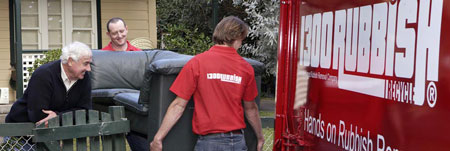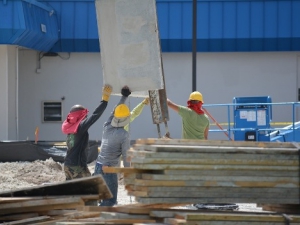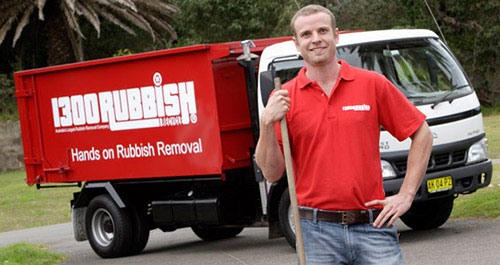
Free online estimate
Plasterboard Recycling
Plasterboard Recycling
Plasterboards can be recycled rather easily. Up to 94 percent of plasterboard waste can be recycled. This amount is sent back to a gypsum manufacturing company which makes new plasterboard out of it.
Plasterboards can be recycled rather easily. Up to 94 percent of plasterboard waste can be recycled. This amount is sent back to a gypsum manufacturing company which makes new plasterboard out of it.

By itself, plasterboard waste is not hazardous. However, it becomes a threat when it is combined with organic waste and gains exposure to rain under a type of environment that is anaerobic. In this condition, disposing a plasterboard is subject to local regulations as opposed to landfills disposal.
Basically, it is the gypsum that is found in the plasterboard which has affected the change in plasterboard waste management regulations. This type of material, when disposed together with biodegradable wastes, can cause the production of toxic and odorous hydrogen sulphide gas.
How Plasterboards Are Recycled
Plasterboards can be recycled rather easily. Up to 94 percent of plasterboard waste can be recycled. This amount is sent back to a gypsum manufacturing company which makes new plasterboard out of it.
Here are the several uses of recycled gypsum powder.
1.It is used for making new plasterboard.
2.It is used for improving the soil quality which can be useful for farmers.
3.It is used as a basic part when growing mushrooms.
4.It is used as an alternative material for making bricks and blocks.
5.It is used as a key ingredient in making cement.
Gypsum Powder As A Valuable Resource
With the ability to enhance soil structure and balance that leads to improved yields, it’s not difficult to understand why the agricultural industry regards gypsum powder as a valuable resource.
These are some of the agricultural benefits of gypsum powder.
1.It improves harvesting.
2.It reduces tillage.
3.It increases the levels of sulphur.
4.It prevents potato scab and other diseases.
5.It improves nutrient absorption.
6.It improves soil acidity.
7.It reduces nitrogen loss.
8.It prevents water logging.
9.It prevents erosion by improving hydraulic conductivity and infiltration.
10.It improves compacted soil when it is combined with tillage.
11.It improves water penetration when it is added to low solute irrigation water.
12.It improves seed emergence which aids in preventing soil crusting.
13.It reclaims saline oils.
14.It improves soil structure which can lead to root growth, water and air movement.
15.It improves crop yields.
16.It enhances water-use efficiency wherein 25 to 100 percent more water becomes available.
Call For A Professional Plasterboard Recycling Service
Our team at 1300 Rubbish can help you dispose all gypsum-based products in order to prepare them for recycling. These can include industrial based gypsum materials and products; waste from refurbishment and rebuilding projects; virgin gypsum board; pre-consumer gypsum material; plasterboard waste such as floors, walls; and plasterboard such as full boards and broken parts.
Collected plasterboards are brought to specialist recycling facilities where they are reintroduced into production. Up to 100 percent of these materials are recycled at the facilities.
To learn more about disposing and recycling plasterboards, you can call our office at 1300 78 22 47. You can also use our online form where you can indicate your name and contact details.
HAPPY CUSTOMERS
Independent Testimonials







